At a scale, global healthcare landscape is undergoing a major shift. Aging populations, rising chronic conditions, and increasing pressure on healthcare systems have accelerated the demand for home-based and community care solutions. traditional care delivery models that rely heavily on manual documentation, fragmented communication, and reactive decision-making are no longer sufficient. This growing gap is […]
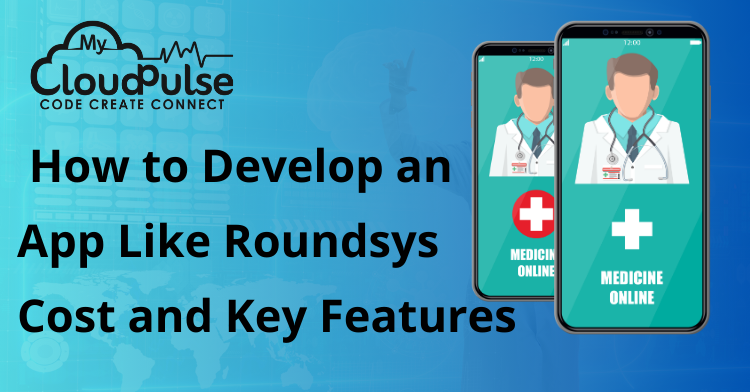
How to Develop an App Like Roundsys Cost and Key Features
Logistics operations are no longer defined by one-off deliveries or ad-hoc transportation. As businesses scale, especially in retail, grocery, pharmaceuticals, and field services, the real challenge lies in managing recurring, route-based deliveries efficiently. Missed stops, poor route planning, fuel wastage, and lack of delivery visibility can quickly erode margins, which is why many organizations are […]

How to Develop an App Like Shahid – Cost and Key Features
Over the last decade, the way audiences consume entertainment has evolved significantly. As a result, traditional television schedules and cable subscriptions are steadily being replaced by on-demand streaming platforms that let users watch content anytime and anywhere. This shift is especially evident in the Middle East and North Africa (MENA) region, where mobile-first habits, high […]
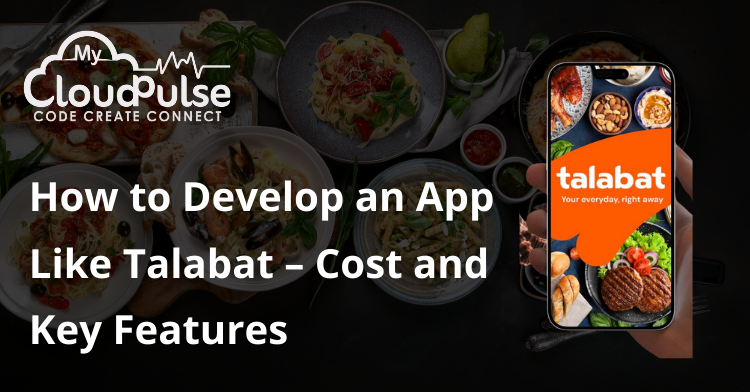
How to Develop an App Like Talabat – Cost and Key Features
Moreover, the way consumers order food and daily essentials has evolved significantly over the past decade. In today’s fast-paced urban lifestyles, especially across Gulf countries such as the UAE, Saudi Arabia, Qatar, Kuwait, and Bahrain, users now expect instant access, quick deliveries, and real-time tracking through their smartphones. Consequently, traditional dine-in or phone-based ordering methods […]

How to Develop an App Like Netmeds – Cost and Key Features
Digital healthcare is no longer a convenience; it has become a necessity. With rising smartphone usage, busy lifestyles, and growing health awareness, consumers increasingly prefer ordering medicines, booking lab tests, and consulting doctors online. Traditional brick-and-mortar pharmacies, while still relevant, are no longer sufficient to meet modern expectations of speed, accessibility, and affordability, which is […]
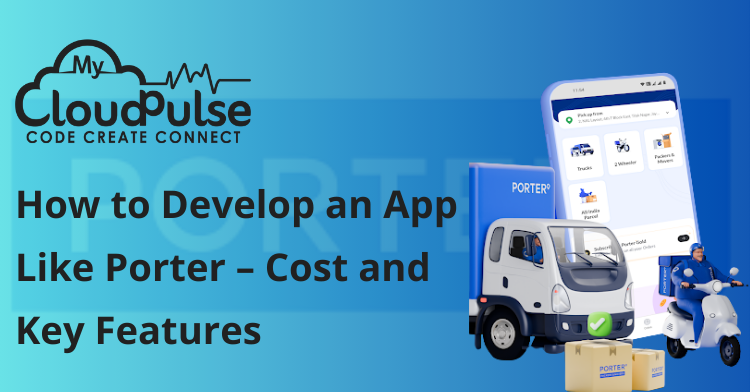
How to Develop an App Like Porter – Cost and Key Features
Urban logistics is evolving rapidly as businesses and consumers demand faster, more flexible delivery solutions. Traditional transport models struggle to meet modern intra-city delivery needs, especially for SMEs, retailers, and e-commerce sellers, which is why many startups and logistics companies are choosing to develop an app like Porter to offer on-demand, technology-driven delivery services. This […]
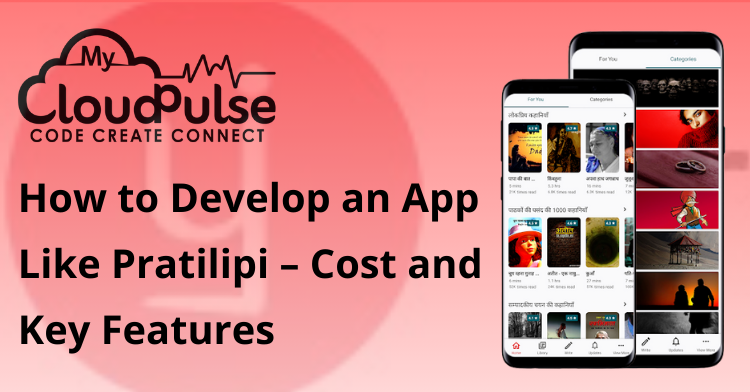
How to Develop an App Like Pratilipi – Cost and Key Features
Digital storytelling is undergoing a powerful transformation, especially in markets where regional languages dominate everyday communication. For decades, printed books, magazines, and local publications were the primary source of stories and literature for vernacular audiences. Today, that consumption has rapidly shifted to smartphones, encouraging startups and media companies to Develop an app like Pratilipi that […]
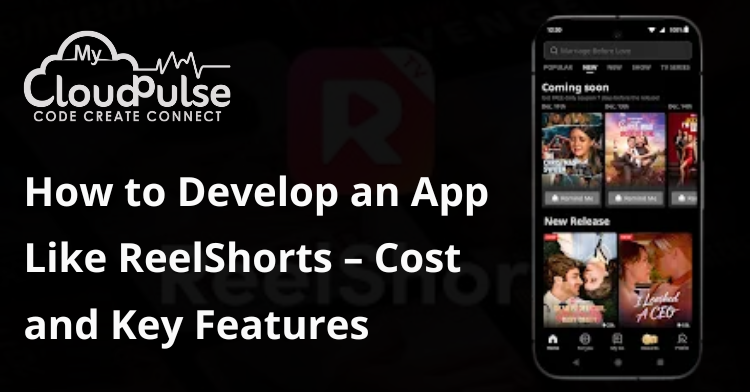
How to Develop an App Like ReelShorts – Cost and Key Features
In contrast audiences consume video content has changed dramatically over the last decade. Long-form television shows and hour-long episodes are no longer the only dominant formats. Today’s users want content that fits into short breaks, idle moments, and mobile-first lifestyles. This shift has given rise to short-form video platforms that prioritize speed, engagement, and convenience, […]

How to Develop an App Like KukuFM – Cost and Key Features
The way people consume content is changing, and not just visually. In recent years, audio has quietly emerged as one of the fastest-growing content formats worldwide. From audiobooks and podcasts to exclusive audio series, users increasingly prefer content they can enjoy while commuting, exercising, working, or simply relaxing. This growing shift in listening habits is […]

How to Develop an App Like Netflix – Cost and Key Features
On-demand streaming has reshaped how audiences consume content worldwide. Once dominated by traditional television and scheduled prime-time programming, video consumption has swiftly migrated to platforms that deliver personalized content anytime, anywhere. Today, viewers don’t wait for weekly episodes — they binge entire seasons in a single weekend. This shift is exactly why so many businesses […]


